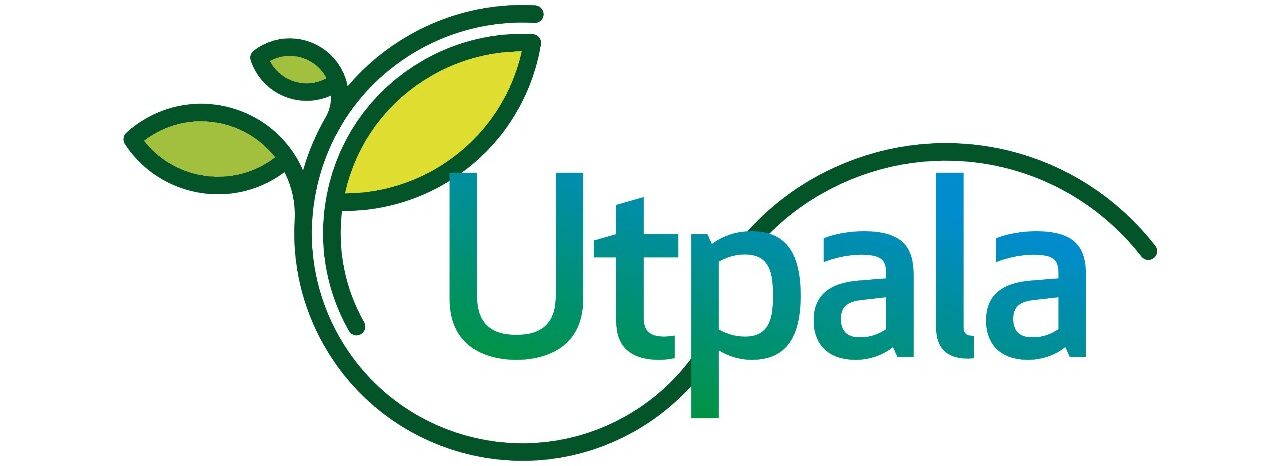
Event planning can be both exciting and overwhelming. From managing logistics to ensuring every detail aligns with your brand or personal vision, it’s easy to get caught up in the whirlwind of tasks. This often leads to a crucial question: When should you hire an event planner vs. doing it in-house?
Let’s explore the key considerations, benefits, and trade-offs between hiring an expert and managing events internally so you can make the smartest choice for your next event.
What Does an Event Planner Do?
Event planners are professionals trained to manage all aspects of event coordination. This includes venue sourcing, budgeting, vendor negotiation, scheduling, guest management, and more. Their goal is to bring your vision to life seamlessly while minimizing stress and risk.
Pros of Hiring an Event Planner
Time-Saving Efficiency: Event planners take on the bulk of the work, freeing up your schedule to focus on big-picture decisions or other responsibilities.
Industry Expertise: With deep knowledge of venues, vendors, and pricing trends, event planners bring unmatched insights that can save you money and elevate your event quality.
Crisis Management: If something goes wrong (and something often does), planners are equipped to handle last-minute emergencies professionally.
Creative Vision: They can suggest themes, layouts, or ideas you may not have considered, often customizing events in innovative ways.Stress Reduction: Hiring a planner means less anxiety for you and your team, especially if you’re juggling other commitments.
Cons of Hiring an Event Planner
Cost Factor: Professional services come at a price. Depending on the event size and complexity, planners can charge a percentage of the budget or a flat fee.
Less Control: Some clients may feel they’re handing over too much control, especially if they enjoy managing details.Communication Risks: Miscommunication can lead to mismatches in vision, especially if expectations aren’t clearly defined from the beginning.
Pros of Planning In-House
Complete Control: You have full authority over every decision, from theme to vendor selection, allowing for a more personal touch.
Cost Savings: Avoiding planner fees can significantly reduce expenses, especially for small-scale or internal events.
Team Development: Assigning event roles to staff can foster collaboration, leadership, and new skill development.Brand Familiarity: Your team knows your company culture or personal preferences better than any external planner.
Cons of Planning In-House
Time-Consuming: Event planning is intensive. Without experience, tasks like negotiating with vendors or managing schedules can become overwhelming.
Higher Risk of Oversight: Without a dedicated planner, details may be missed, resulting in last-minute chaos.
Burnout Risk: In-house teams juggling other duties may experience burnout, leading to reduced productivity and morale.Limited Vendor Network: Internal planners may lack access to discounted vendor deals or exclusive venues.
When Should You Hire an Event Planner?
Here are situations when hiring an event planner is the best decision:
- Large-Scale Events: Conferences, fundraisers, galas, or destination weddings involve complex logistics best handled by professionals.
- Limited Time or Staff: If your internal team is swamped, hiring help ensures the event doesn’t suffer.
- High-Stakes Events: When brand reputation or VIP clients are involved, the margin for error is slim.
- Out-of-Town or Destination Events: Local planners can handle permits, laws, and venue negotiations with ease.
First-Time Events: Without prior experience, navigating all the moving parts of an event can be daunting.
When to Consider In-House Event Planning
Going DIY might be the right choice under these conditions:
- Small Events: Team meetings, internal parties, or casual gatherings often don’t require professional coordination.
- Budget Constraints: If you’re operating on a tight budget, in-house planning helps stretch your dollars.
- Strong Internal Team: If your staff has prior event experience and time, in-house planning can be efficient.
Recurring Events: Familiarity with past events makes future ones easier to manage in-house.
How to Decide: Event Type & Goals
Evaluate the type of event and what success looks like. Is it about creating a wow experience? Impressing stakeholders? Raising funds? For highly experiential or critical events, a planner might be essential. For routine gatherings, you may not need one.
Budget Breakdown: Hidden Costs to Consider
While hiring a planner might seem expensive, don’t forget the hidden costs of in-house planning:
- Overtime for staff
- Costly mistakes or double bookings
- Missed discounts from lack of vendor relationships
- Delays due to inexperience
Sometimes, hiring a planner can actually be more cost-effective in the long run.
Vendor Connections: Who Has the Edge?
Planners often have established vendor relationships, which means:
- Better rates
- More reliable service
- Access to exclusive options
Unless your internal team has a strong vendor network, planners offer a clear edge here.
Time Management: Can Your Team Afford It?
Planning an event can take 100+ hours. If your team is already working at capacity, the event will likely suffer. Evaluate bandwidth honestly.
Customization: Who Understands Your Vision Better?
Your team knows your brand, but planners are skilled in extracting that vision and elevating it creatively. Consider co-planning: let the planner handle logistics while your team focuses on branding and content.
Stress Management: Internal vs. External Pressure
Planners absorb the stress that would otherwise weigh on your team. If your event requires calm under pressure, a planner is worth every penny.
Legal and Compliance Issues
For public or regulated events, planners are familiar with permits, insurance, and safety protocols, which reduces legal risk.
Scalability: Are You Planning to Grow?
If your events are growing in size or frequency, a planner can introduce scalable systems and vendor contracts that grow with you.
Brand Reputation at Stake
For product launches, media events, or high-visibility functions, one mistake can hurt your brand. A planner ensures quality and polish.
Technology and Tools
Planners use software for budgeting, RSVPs, and timelines, which improves efficiency. Your team may not have access to or knowledge of these tools.
Event Day Execution
A planner manages the event in real-time—handling arrivals, technical issues, or last-minute requests—so you can be present with your guests.
Post-Event Services
Many planners provide post-event analysis, thank-you notes, surveys, and financial reporting, helping you improve future events.
Conclusion
Deciding when should you hire an event planner comes down to your event’s scale, stakes, and internal resources. While in-house planning offers control and cost savings, professional planners bring peace of mind, creativity, and flawless execution. Whether you’re organizing a company milestone, charity gala, or personal celebration, weigh the pros and cons carefully. And remember—sometimes, the smartest investment is saving your sanity.
FAQs
Is hiring an event planner worth it for small events?
Not always. For casual or internal events, in-house planning is usually sufficient.
Do event planners work with limited budgets?
Yes, many planners can work within budget constraints and often save money through vendor discounts.
How much does it cost to hire an event planner?
It varies. Fees may range from 10-20% of the event budget or a flat fee depending on the complexity.
Can I hire an event planner for partial planning?
Yes, many planners offer partial services like day-of coordination or vendor management only.
What should I look for in a good event planner?
Look for experience, reviews, portfolio, certifications, and a personality fit with your team or event vision.Should nonprofits hire event planners?
For fundraising or donor events, a planner can ensure maximum ROI and guest satisfaction.

